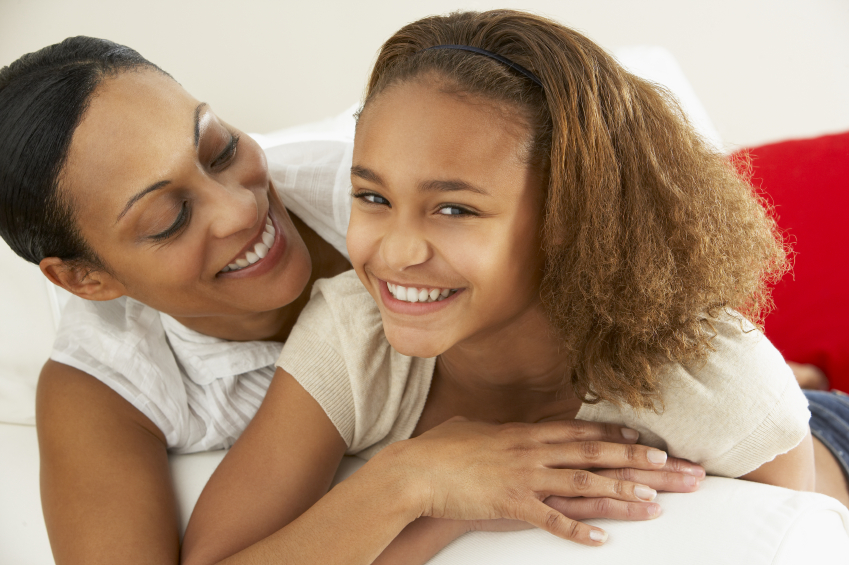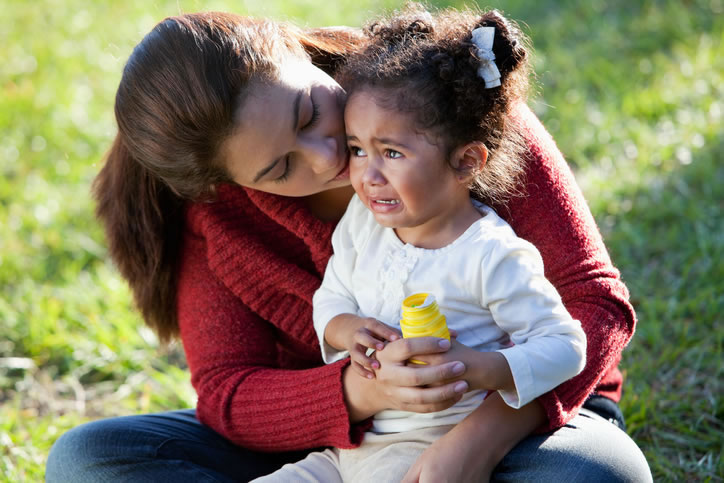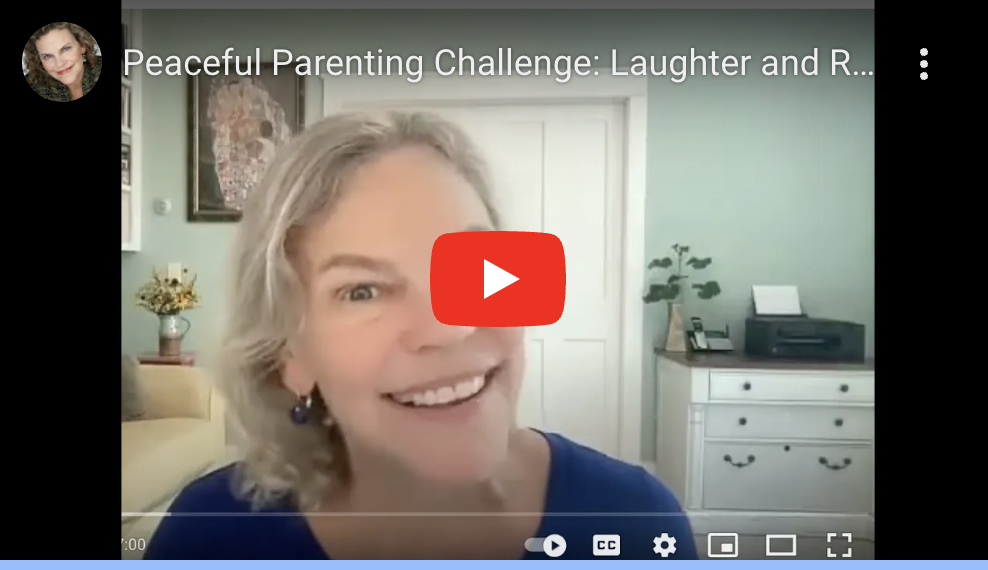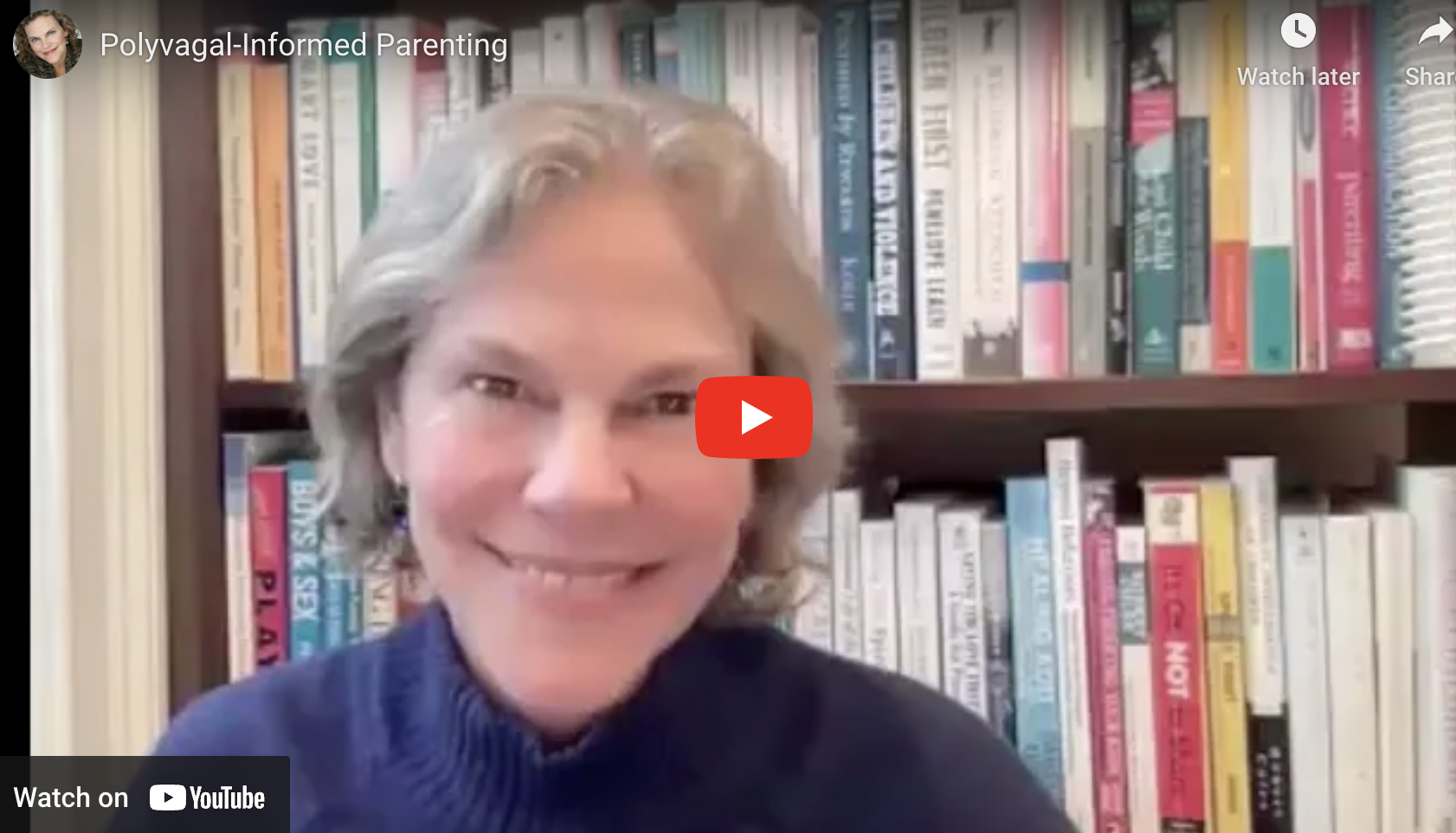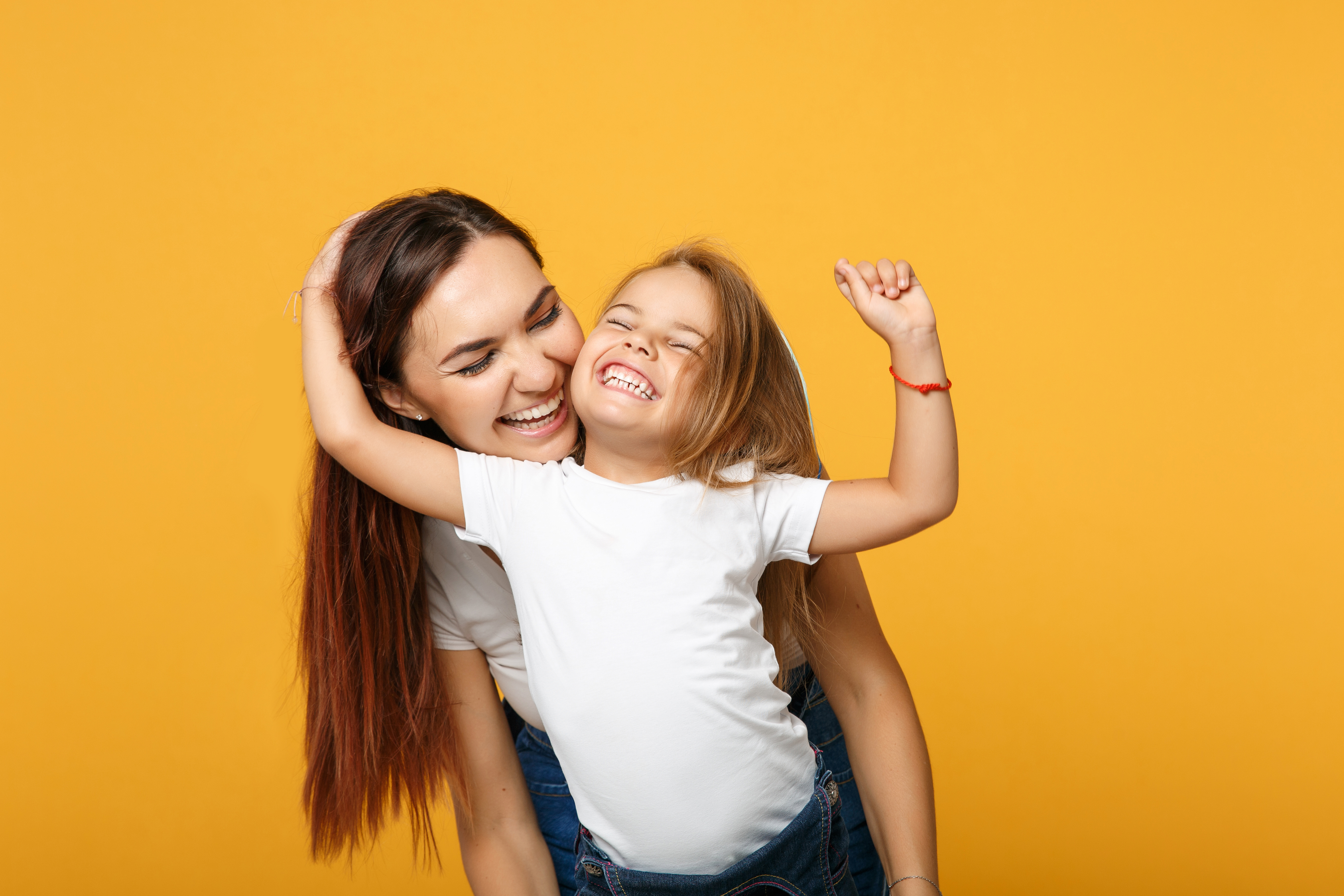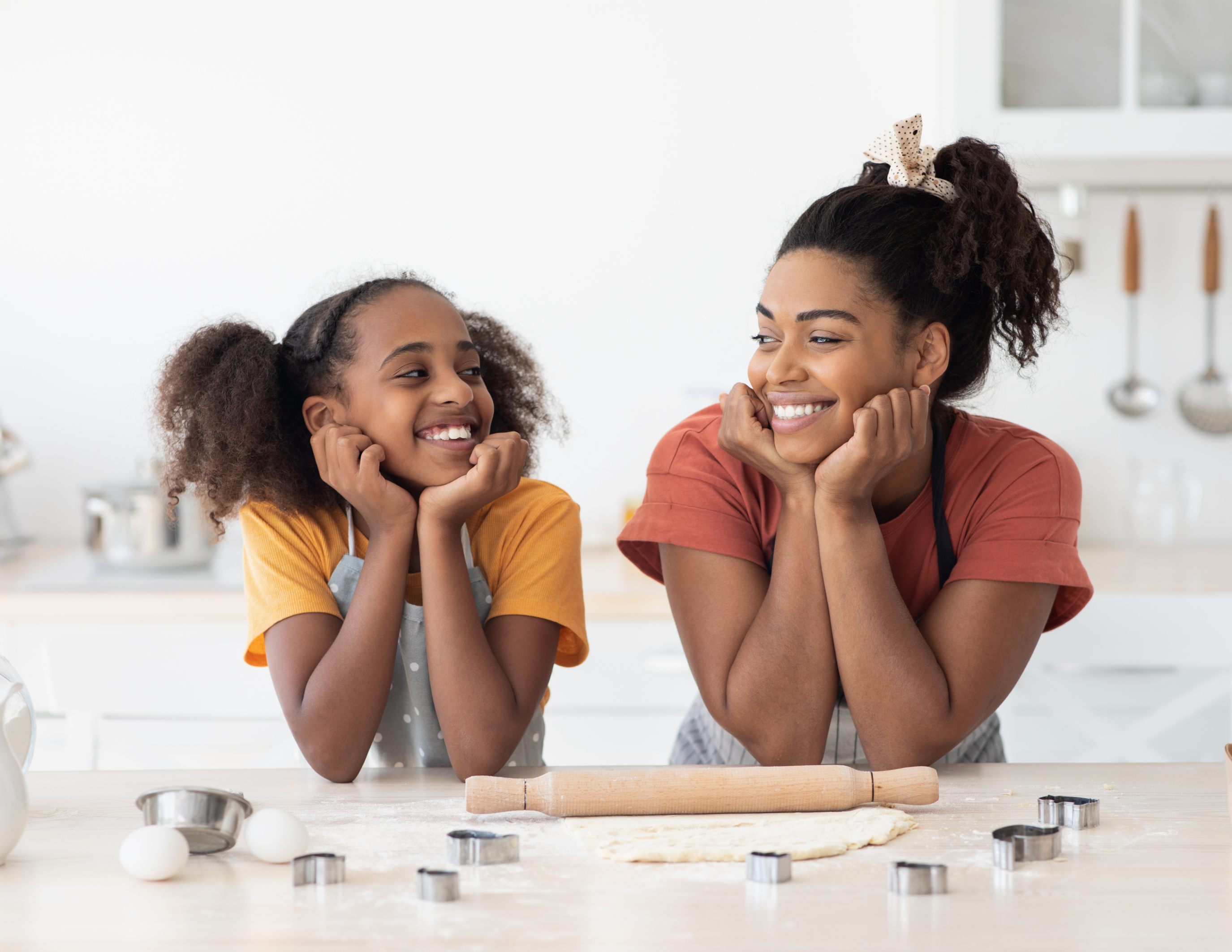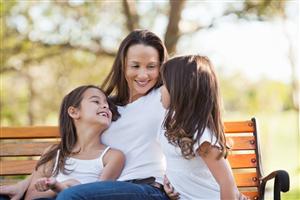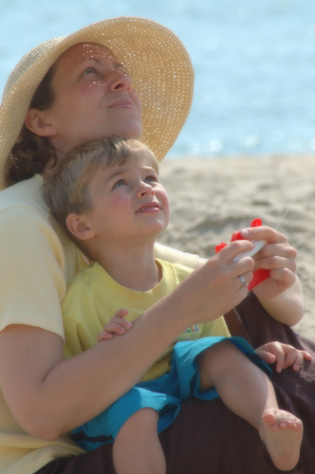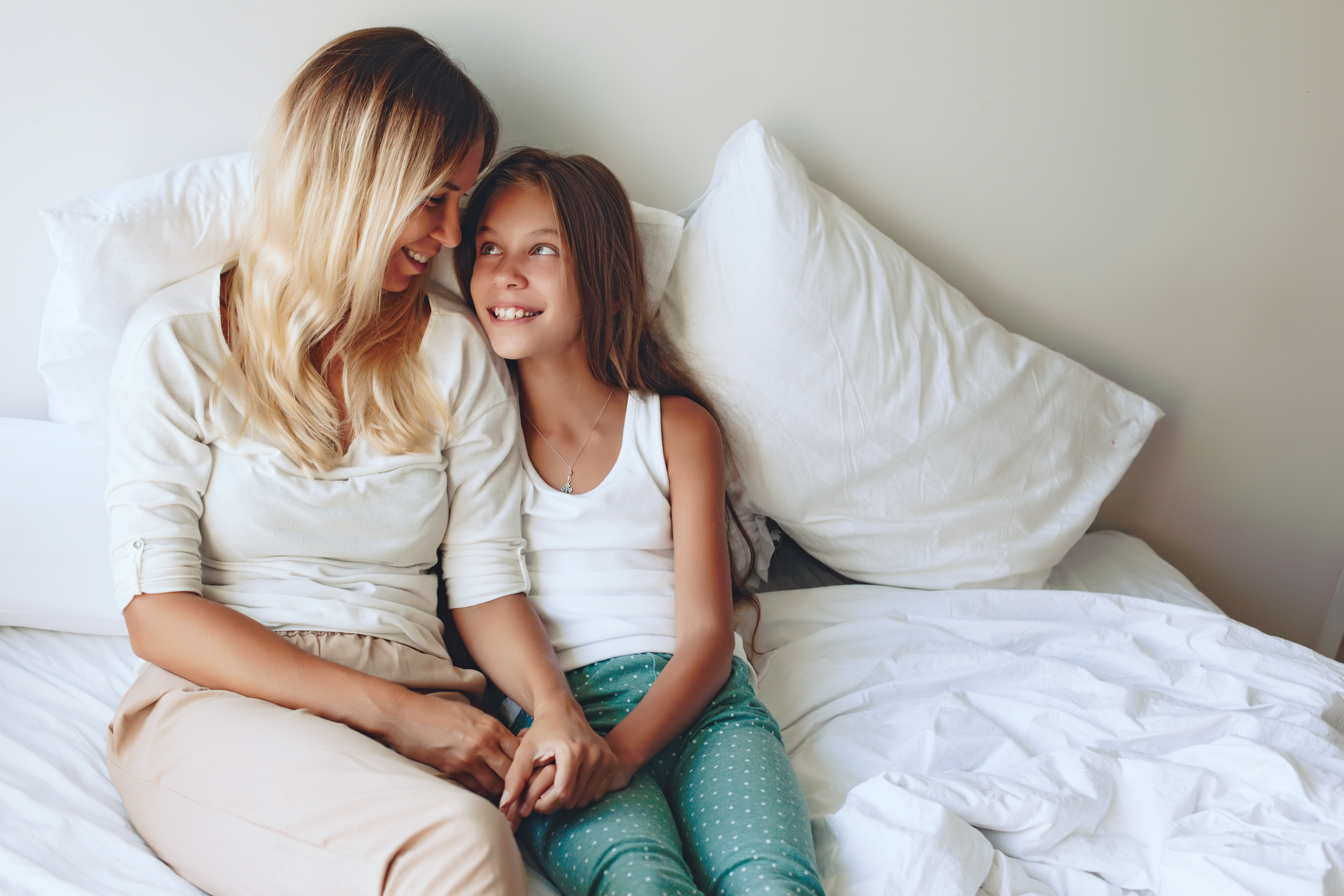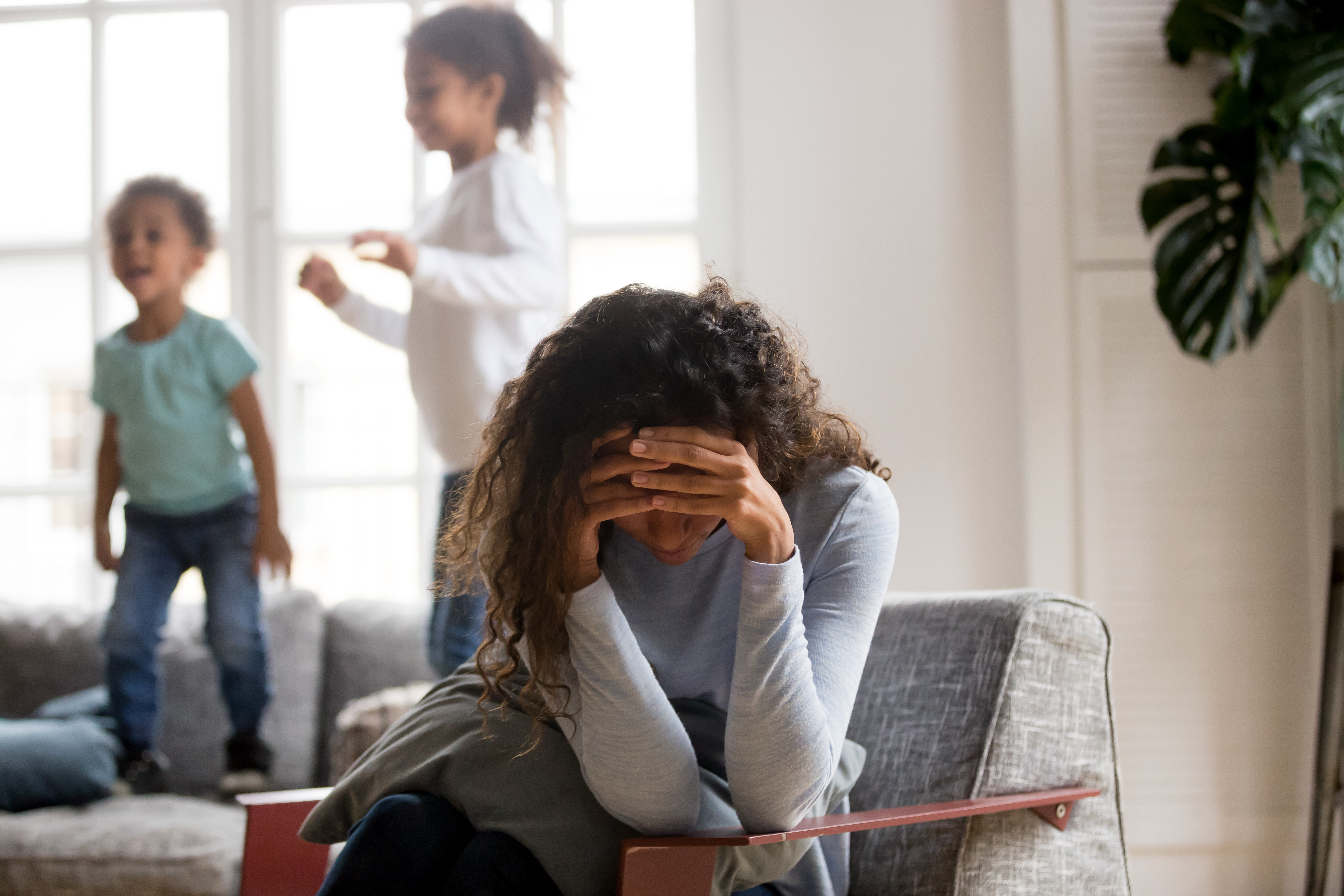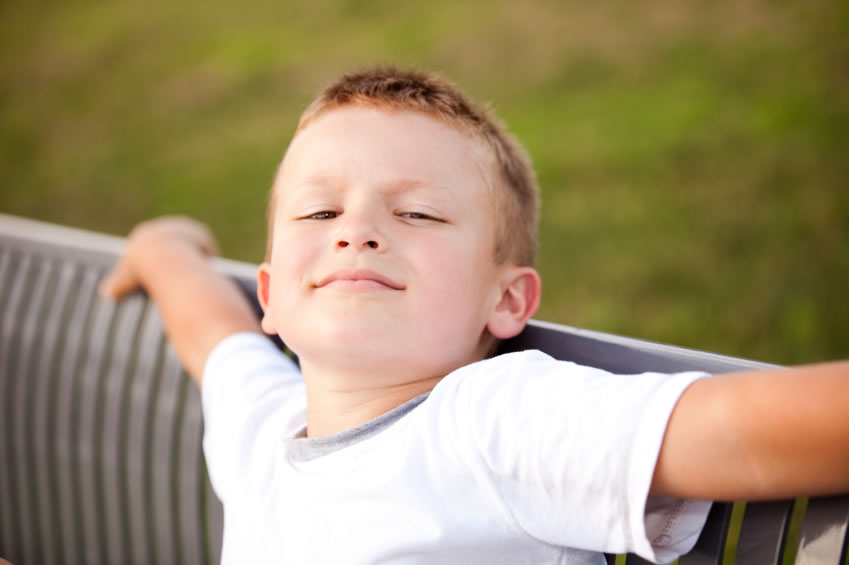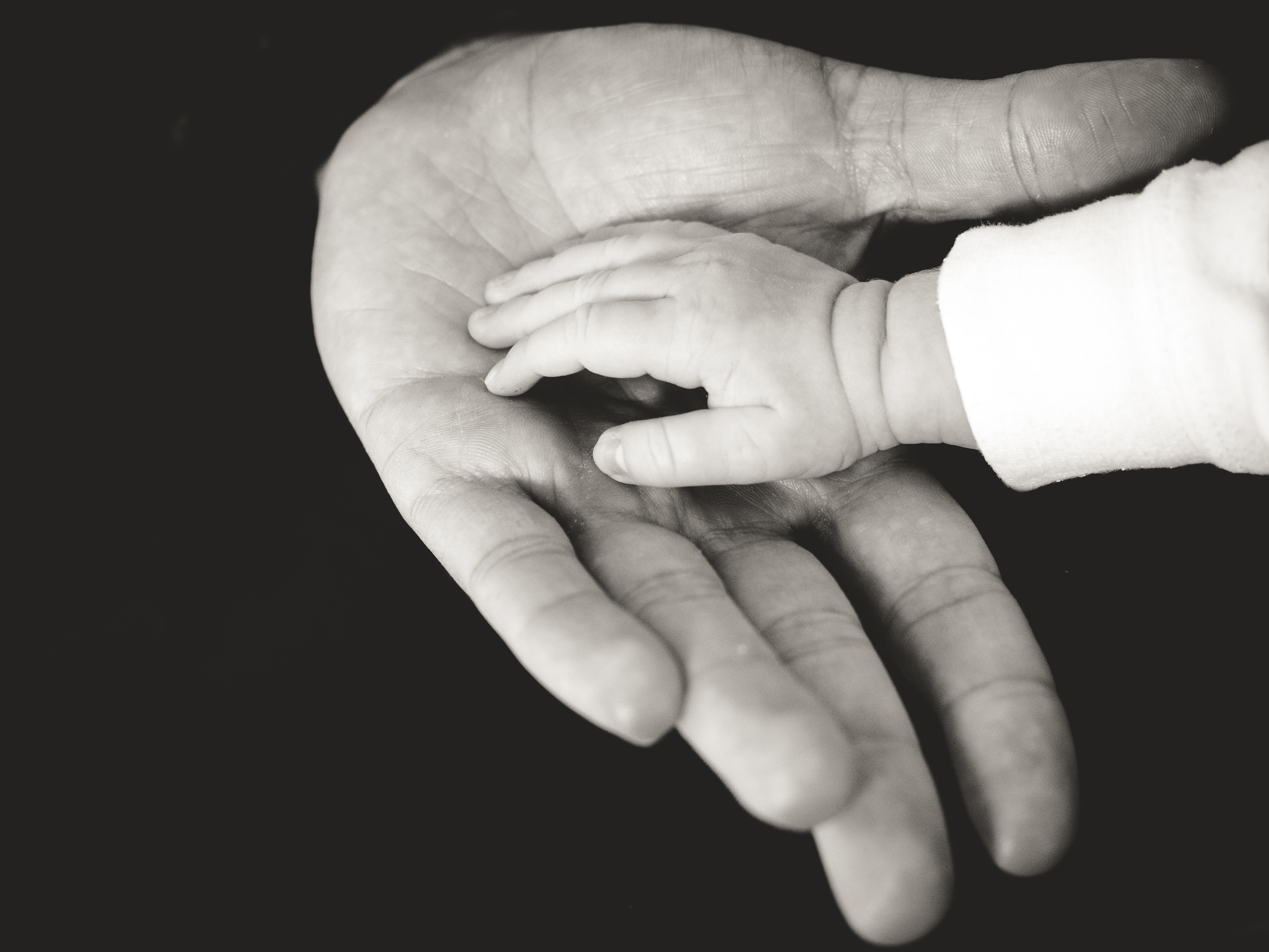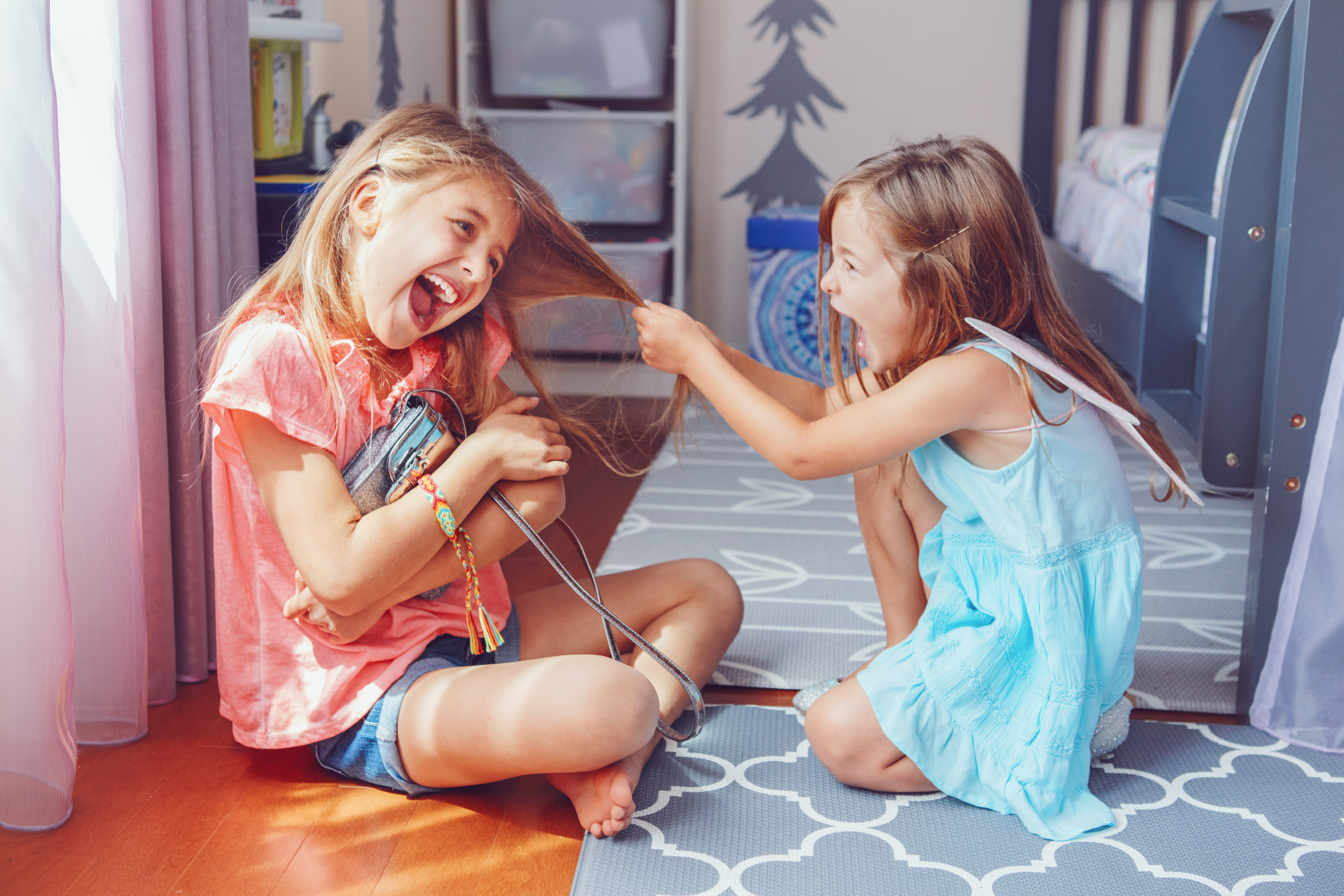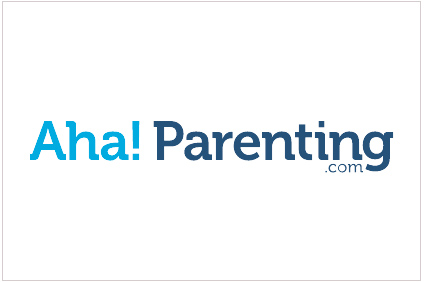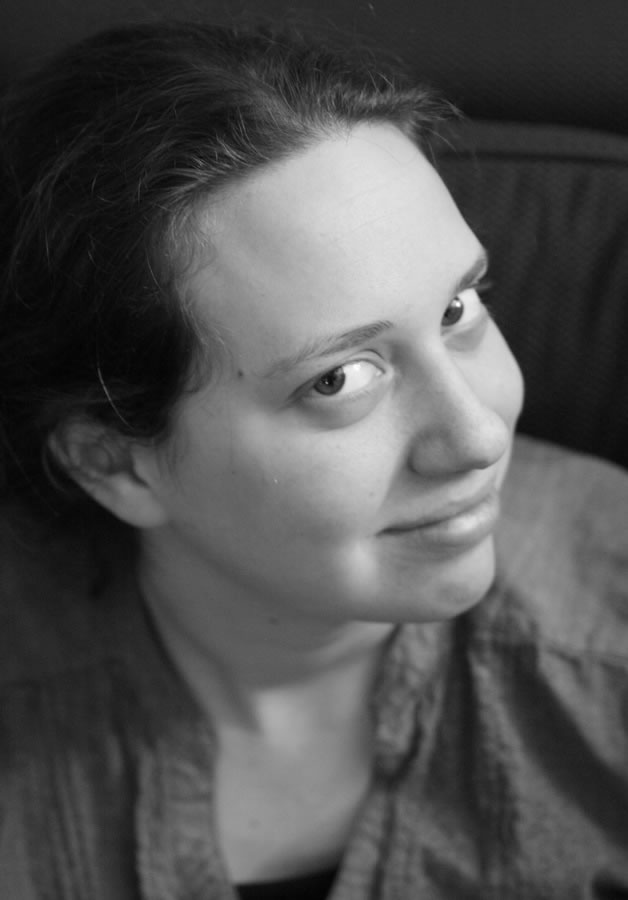Peaceful Parenting
What does it mean to be a Peaceful Parent?
No human is always peaceful. Peaceful Parenting just means that we work on ourselves first, so that we aren't taking our own emotions out on our children.
- We take responsibility for regulating our own emotions, so we can stay as calm as possible with our children.
- We focus on strengthening and sweetening our relationship with our child, so the child feels seen, secure, soothed, and safe.
- We give our child the support the child needs to meet our expectations, rather than trying to control the child with threats, shame or punishment.
- We set limits with empathy.
- We reflect before we react, looking for the reason behind our child's behavior.
- We connect before we correct.
- We try to accept our child's "big" emotions with compassion, which helps the child accept and work through them.
- We apologize and repair when we mess up.
- We take responsibility for keeping our own "love cups" full, so we can pour our appreciation, acceptance and unconditional love into our child.
And we end up with more peaceful homes and hearts, a lot less drama, and a lot more love.
Start Here:
13 Tips to Transition to Peaceful Parenting
Parenting is hard, and peaceful parenting can be even harder when you begin. But it gets easier, because you're learning new skills that work better, and you're rewiring your own brain. And even while it's hard, you're healing your child's old wounds--and your own--so you'll feel the difference. Quite simply, there's less drama and more love.
Read MoreThe surprise side benefit of regulating your own emotions
Your emotional self-regulation is the key to helping your child grow a calmer brain!
Read MoreThe Neurobiology of Peaceful Parenting
In these four videos, Dr. Laura Markham gives you parenting hacks to work with your child's nervous system (and your own!) for a more peaceful home and optimal brain development.
Read MorePolyvagal-Informed Parenting
Welcome to our latest "Neurobiology of Peaceful Parenting" Challenge! This 3-video challenge will give you quick tips on what we can learn from polyvagal theory that will help us to raise more resilient children.
Today's Challenge explores the role of safety and connection in shaping your child's nervous system. Did you know that creating a sense of safety, and nurturing warm, engaging interactions, can shape your child's nervous system for more resilience?
Your 10 Point Plan To Stop Yelling
When we're angry at our children, most of us burst out with words we would never say if we were calm. At the time, we feel completely justified, because we're in "fight or flight" and our child looks like the enemy.
Read MoreThe Reasons and Research Behind Peaceful Parenting
Why Peaceful Parenting? Because it works, from toddlers to teens. Peaceful parenting raises a child who WANTS to cooperate. More important, this approach raises an emotionally intelligent, resilient child who thrives.
Read MoreHow To Change Your Child's Behavior -- Without Yelling, Threats or Consequences
Read More“Where did we ever get the crazy idea that in order to make children do better, first we have to make them feel worse? Think of the last time you felt humiliated or treated unfairly. Did you feel like cooperating or doing better?” - Jane Nelsen
10 Commitments That Will Make You a Better Parent
Being a parent is tough. Most of us feel like we could do a better job, but resolving to be more patient rarely works. That's because sometimes the first step to being a better parent is actually about how we treat ourselves. We can only give what we have inside. And if we can't manage our own emotions. we can't expect our kids to learn to manage theirs.
Read MoreMindful Parenting: Your #1 Responsibility as a Parent
"Mindfulness: Allowing an emotion to take hold and pass without acting on it." -Benedict Carey
“Mindfulness: Not hitting someone in the mouth.” -11 year old who completed a mindfulness training at his school, quoted in the New York Times
You CAN Stop Yelling. Here's your plan.
"Dr Laura....I'm trying to stop yelling for the new year, but I can't. And I can't imagine getting my kids to listen if I don't yell at them.... Can you move in with me for a week?!” - Cheralynn
Read MoreThe Secret of Not Yelling When You're Having a Bad Day
"I've been working hard not to yell at my kids. But sometimes I just can't help it. I explode, and then I feel so guilty. I know it isn't really what my kids are doing, it's just me, having a hard day. Is it really possible to stop yelling? What's the secret?"
Read MoreDoes Peaceful Parenting Mean Letting Kids Do Whatever They Want?
"Isn't there a time and a place for a parent to just plain 'be in charge'? So often, and especially now, with this new approach, he pretty much does whatever he wants... I don't want my child to be an uncontrollable brat." - Amber
Read MoreHealing Yourself So You Can Be a More Peaceful Parent
“In the absence of reflection, history often repeats itself… Research has clearly demonstrated that our children’s attachment to us will be influenced by what happened to us when we were young if we do not come to process and understand those experiences.”-Dan Siegel
Read MoreStaying Calm When One Child Hurts the Other
“The only thing that really makes me lose it is when my four-year-old repeatedly is physically violent to his two-year-old sister. I try to do what you say, and say, ‘Quick, Sammy, can you get her an ice pack?’ and turn him into a helper. He’s good at it. But it makes me mad if they’re fighting and I say ‘I’m coming to help’ and then he throws her to the ground and busts her head."
Teen's Perspective: What Peaceful Parenting Taught Me
I often get questions from parents unconvinced of the effectiveness of my parenting techniques. Fueled by a steady diet of conventional parenting rules concerning time-outs, control, punishment, and praise, as well as personal reflections on their own childhoods, they ask questions like:
Read More